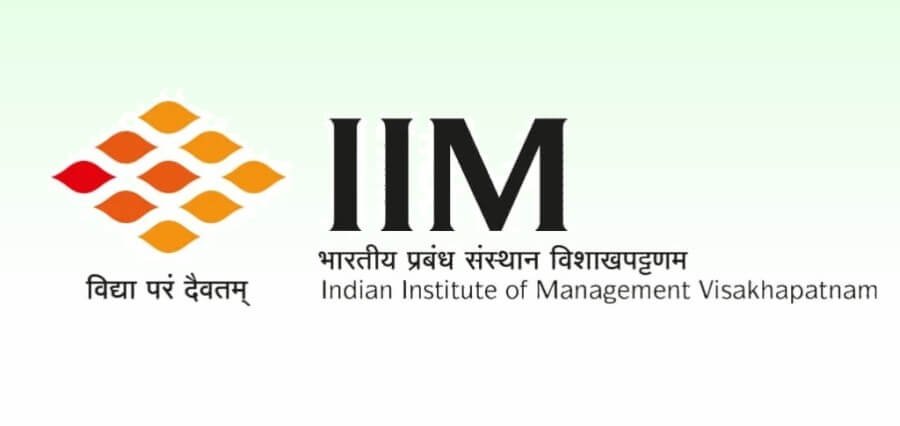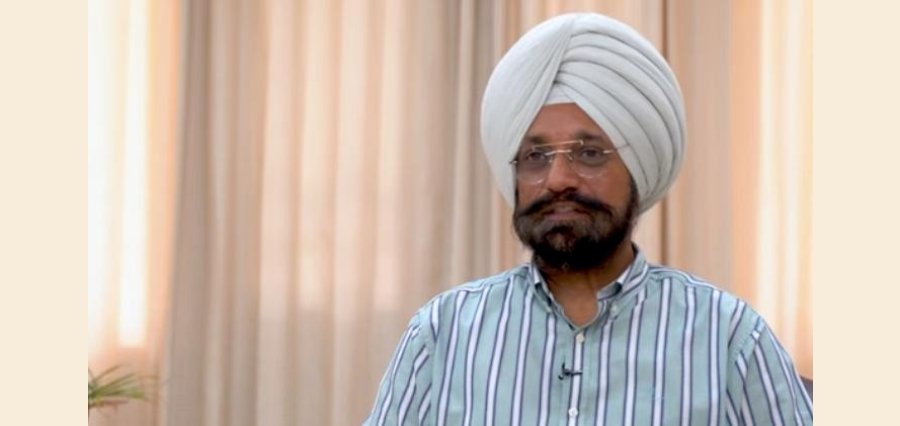Two significant months for the Indian higher education ecosystem are October 2022 and November 2023. The Indian government has made it possible for foreign higher education institutions to establish campuses in India with the goal of internationalizing education. These campuses may be located anywhere in the nation under the University Grants Commission Regulations 2023 (also known as the “UGC Regulations”) or in the GIFT City under the International Financial Services Centres Authority Regulations 2022 (also known as the “IFSCA Regulations”).
This is a very welcome move because it will not only bring in global quality standards of education at a cost that students can afford, but it will also help improve the nation’s research landscape, develop and attract top-notch faculty, and foster greater collaborations between Indian and foreign higher education institutions. All of these things should lead to India being viewed as a global hub for education, which is the goal outlined in the National Education Policy.
One of the main requests made by international universities during the policy-development consultation process was operational flexibility for its campuses in India.
And the authorities haven’t let me down! These two policies are quite progressive and grant international educational institutions sufficient authority to manage their campuses in India. Everything from the academic programs to the cost structures, faculty recruiting, student admissions, infrastructure development, and so on can be carried out in accordance with their own procedures, guidelines, and international standards. Is this sufficient, though? Even while I think the regulatory system is very flexible, there are still a few areas where the government could offer more assistance or clarification.
A significant source of funding for educational institutions is the receipt of grants and donations from outside sources, which they can use to fund collaborative research projects with international organizations and corporations. Receiving grants or donations in India requires prior authorization or registration with the Ministry of Home Affairs (MHA), a procedure that takes a great deal of time. Similarly, MHA approval for money flows is required for international educational institutions thinking of establishing a not-for-profit organization to run a campus in India. Timelines that are specific and include a streamlined approach must be provided for acquiring these certifications. Furthermore, although there are few exceptions and relaxations, the FCRA normally prohibits organizations with foreign nationals on their executive committees or governing bodies from accepting contributions from outside sources.
It would be important for MHA to clarify the applicability of this restriction and provide exceptions, given that the governance framework of these India campuses may include foreign nationals on their executive committees or governing bodies (to ensure maintaining quality standards between home campus and India campus).
Read More: https://educationviewindia.com/





